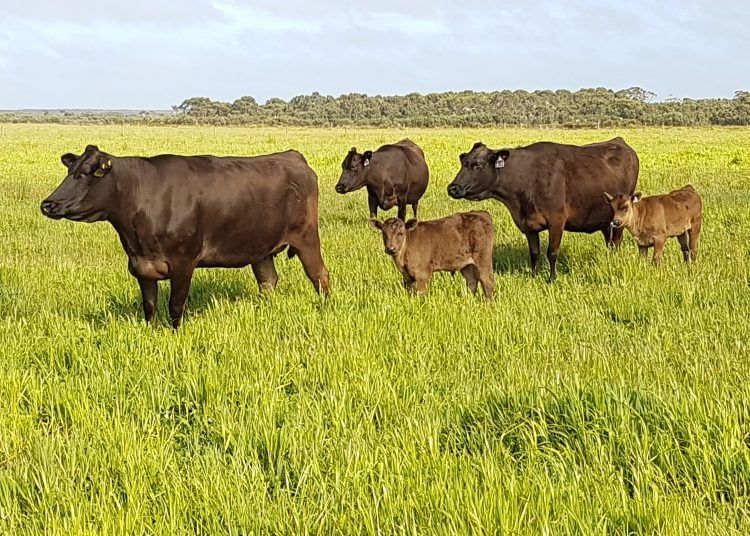
Market Pulse: Dawn Meats' NZ Alliance Bid, Surging Wagyu Demand, and JBS's Plant-Based Push
Analysing a major NZ acquisition bid, surging premium beef demand in South Africa, and a strategic plant-based consolidation in Europe.
Dawn Meats Bids for Majority Stake in Alliance Group
Irish processing giant Dawn Meats has made a NZ$250 million offer to acquire a 65% stake in Alliance Group, New Zealand's largest lamb processor. The board of the farmer-owned co-operative is presenting the deal as a crucial lifeline to recapitalise the business and avoid potential insolvency, noting the offer represents a 93% premium on the co-op's fair value. This potential partnership would merge Dawn Meats' strong beef and lamb market access in the UK and Europe with Alliance's established lamb supply and reach into Asia and North America. The goal is to establish a consistent, year-round supply for global customers by integrating Northern and Southern Hemisphere production cycles. The proposal now awaits a decisive vote from shareholders.
What this means: If approved, this deal will create a powerful new entity in the global sheepmeat market. The integration could lead to streamlined supply chains between New Zealand and Europe, potentially increasing the flow of NZ lamb into the UK and EU markets. For Alliance Group, this provides a much-needed capital injection to stabilise its finances and invest in its operations. For Dawn Meats, it secures a significant supply of high-quality lamb, reducing seasonal gaps and strengthening its position with major retailers.
What to do:
New Zealand Farmers: Consider the long-term implications of relinquishing majority control versus the immediate financial benefits and stability the investment offers.
European Meat Buyers: If the deal proceeds, anticipate a more integrated and potentially larger-scale supply of New Zealand lamb. This could open new sourcing opportunities and impact pricing.
Wagyu Meat Demand Soars in South Africa
The appetite for premium Wagyu beef is surging in South Africa, with current slaughter rates falling approximately 20% short of market demand. This supply-demand imbalance is fueling soaring prices, a situation intensified by the long production cycle for Wagyu, which takes at least three years to bring an animal to market. The scarcity highlights a growing trend among consumers for high-end, quality meat products.
What this means: The strong demand for Wagyu from South Africa points to a robust and growing premium segment. This indicates that a sizeable portion of consumers is willing to pay more for high-quality and differentiated products. The supply shortage presents a clear opportunity for producers who can successfully enter or scale up their Wagyu operations, though the long lead time remains a significant barrier to entry.
What to do:
Producers: Explore the feasibility of entering the Wagyu market. This requires significant long-term investment and specialised knowledge, but the potential returns are high. Existing Wagyu producers should focus on optimising their breeding and feeding programs to increase supply.
Importers/Distributors: Look for opportunities to source Wagyu from other markets to meet the current South African shortage.
JBS Launches "The Vegetarian Butcher Collective" in Europe
In a strategic move within the alternative protein space, the world's largest meat company, JBS, has launched "The Vegetarian Butcher Collective." This new European entity consolidates its plant-based brands, including the recently acquired Vivera and The Vegetarian Butcher. The initiative signals a renewed and serious focus on the European plant-based market, aiming to establish a dominant position by combining the strengths and market presence of these leading brands.
What this means: JBS's move underscores the continued strategic importance of the plant-based sector for major meat industry players. By creating a dedicated collective, JBS can pool resources for marketing, R&D, and distribution, creating a more formidable competitor in the European market. This will intensify competition among plant-based brands and could lead to further consolidation in the industry. It also reflects a "hybrid" strategy where large meat companies diversify their portfolios to cater to all consumer segments, including those reducing their meat consumption.
What to do:
Meat Companies: Evaluate your own alternative protein strategy. The market is maturing, and a clear, well-funded plan is becoming essential to compete. Consider whether to build, buy, or partner to establish a foothold.
Sources:
